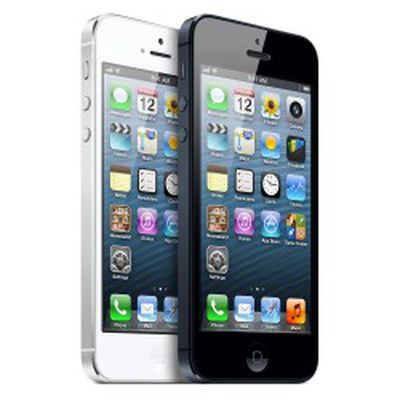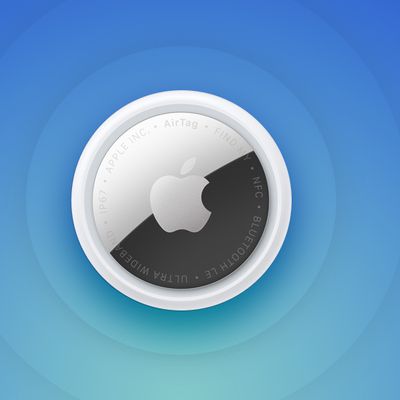 Apple is planning on creating an R&D team to develop baseband chips, which are used to control a device's radio functions like modulation, signal generation and more, for future iPhones in-house, according to a new report from DigiTimes. The baseband chip is separate from the A7 processor, which Apple already designs with an in-house team.
Apple is planning on creating an R&D team to develop baseband chips, which are used to control a device's radio functions like modulation, signal generation and more, for future iPhones in-house, according to a new report from DigiTimes. The baseband chip is separate from the A7 processor, which Apple already designs with an in-house team.
Apple reportedly plans to form a R&D team to develop baseband processors for use in iPhones to be released in 2015 and will place the baseband chip orders with Samsung Electronics and Globalfoundries, according to industry sources.
Qualcomm is currently the company that Apple acquires its baseband chips from, although they're produced in mass quantities at Apple manufacturing partner Taiwan Semiconductor Manufacturing Company.
Recently, Apple has made moves to bring more chip development in-house, including rumors of an effort to purchase a unit of Renesas Electronics that creates chips for smartphone displays. It also acquired low-power wireless chip provider Passif Semiconductor, whose chips could be used to improve battery life in wearables, like Apple's rumored iWatch.
The moves are a part of Apple's effort to control its own production supplies and core technologies, and include partnerships like Apple's deal with GT Advanced, which will provide the Cupertino company with massive supplies of sapphire displays.





















Top Rated Comments
Bringing it all in house does bring benefits especially if the can get software based modulation working which means a single product line supporting every frequency imaginable out of the box.
Correct me if I'm wrong, but at the time of creating the iPhone 4, there was no single chip radio solution for normal 2G/3G and LTE. The thunderbolt had multiple chips. So yes, it kept build costs down, but it also simplified the PCB and kept it smaller and saved on power consumption. It wasn't only cost.
Um what? Apple is doing well on both ends.
That would have caused problems back in the day, when iPhones apparently had some incorrect settings. That sort of debugging would be really difficult if Apple went its own way. With a Qualcomm chip, you can at least say that it's not the chip because other people's phones work fine. With Apple having its own chip, you're SOL when it comes to knowing what the issue is.